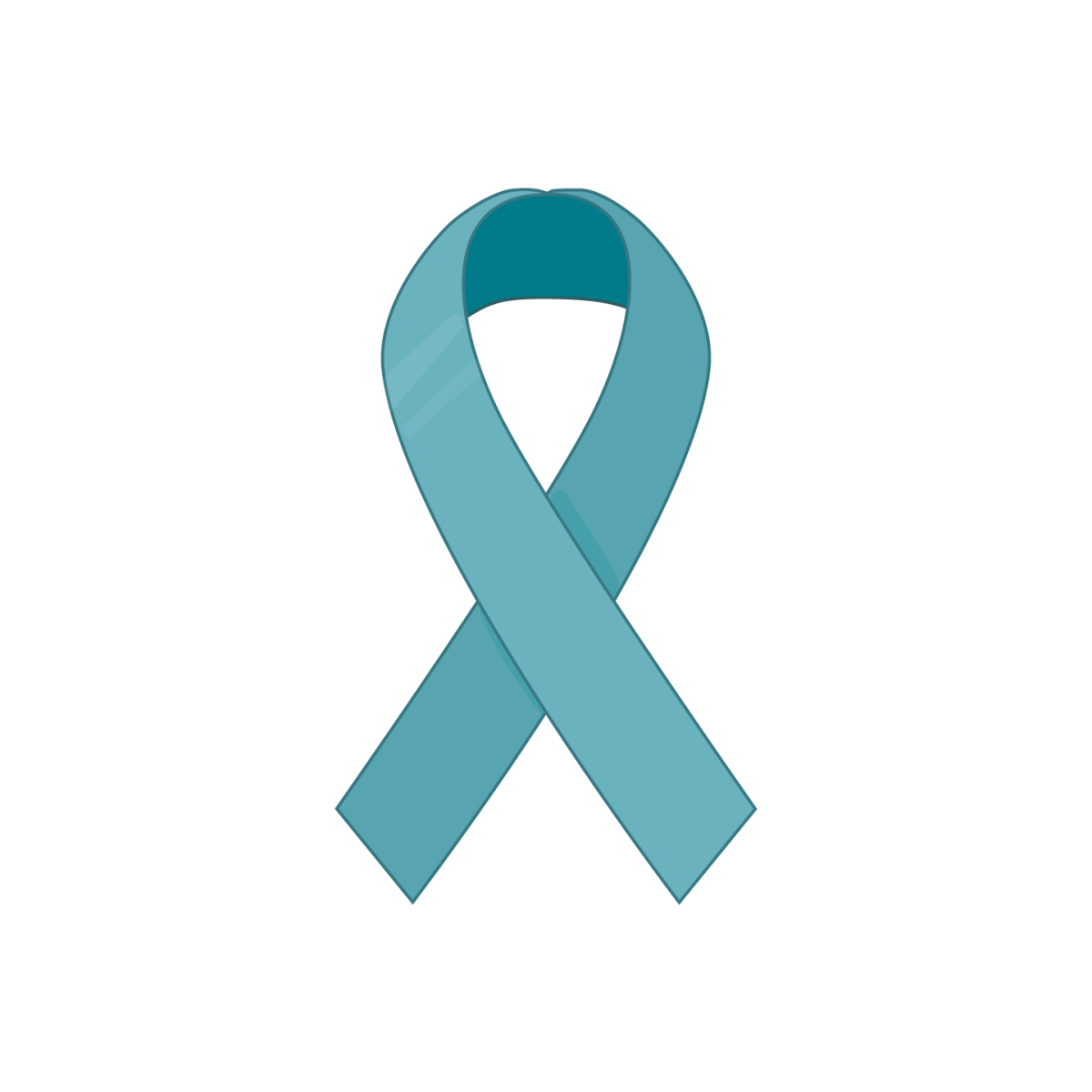“What are you going to do when you graduate?” My boss asked me this question, his voice rising above the hiss of the hose filling the pool that I would help him manage for the summer.
“I’m going to go to law school,” I replied. “So I’ll actually be spending more time in the academic world.”
“Ah,” he laughed. “What do you call it when 50 drowned lawyers are found at the bottom of Lake Minnetonka?” The joke was obviously being adapted; what would be “at the bottom of the ocean,” for most, was changed to “Lake Minnetonka,” to give the punch line more weight – drowning in a lake, the most terrible of summer deaths in Minnesota.
I waited for him to deliver.
“A good start!” He slapped me on the shoulder and walked away.
Lawyers certainly take a much heavier beating than those of us espousing to the profession. People actually practicing law have to deal with worse things than tacky jokes – clients who demand success at all costs, for instance, or a public that is critical of a lawyer’s defense of a criminal. But this episode, nonetheless, seems to exemplify an unfortunate characteristic of our society: We’re pessimistic, and we can be rather cruel to one another. And it’s apparently getting easier for us to be like this.
In her book What Doctors Feel, Danielle Ofri, MD, offers insights into another harrowing profession – medical practice – that reveal this type of societal cruelty. In a chapter entitled “Scared Witless,” Ofri discusses an episode in which a healthy-looking white woman came to her complaining about a multitude of pains and symptoms. Ofri mentions that in such instances (in this case, the woman had a hand-written list of her ailments) doctors can become overwhelmed; with so much on the table, it can be impossible to pinpoint any specific diagnosis, especially if the patient does not specify which pains are worse than others.
In this case, Ofri told the woman that she was most likely just stressed – which can have physical ramifications consistent with the symptoms the patient was experiencing. A number of hours later, however, the woman was admitted to the emergency room with a blood clot in her lung. Ofri had misdiagnosed – in a potentially lethal way. Ofri then mentions that she wrote an article about the incident, in which she acknowledged that her mistake could have come from “the role of stereotyping in medicine.” She admitted that the woman’s relative health and status – white and well-off – may have played a role in Ofri’s mistake of blaming the ailments on stress, instead of pinpointing the more serious problem that landed the woman in the hospital.
Ofri’s article was a humbling display of a doctor’s limitations—all are subject to mistakes, and she admits this. But the some of the Internet comments for the article were not so forgiving. She mentions several:
“How could you be so incompetent? Doctors never listen to their patients! Those arrogant doctors never take the time to hear the full story! Those money-grubbing doctors are just milking the system!”
No wonder the chapter is called “Scared Witless.”
This type of vitriol is not limited to lawyers and doctors, however. The NFL playoffs have proved to be rife with hate mongering. Take Vikings kicker Blair Walsh and his Patriots counterpart, Stephen Gostkowski, for instance. Both players missed kicks, and both were pounded for their botched plays on Twitter, where angry fans cursed them and issued death threats.
People can be mean. Is this a new phenomenon? Of course not. But the media with which we are able to lash out at other people have changed in such a way that we can do it anonymously and largely without consequence. When my boss told me the joke about the lawyers, I knew that he was kidding. We’ve known each other for years; I don’t take him seriously in such instances. And he said it directly to me. I could read his facial expressions and hear his tone.
The Internet makes it possible to be angry and mean – behind the scenes. It seems unlikely that anyone would truly have the guts to threaten Blair Walsh to his face. He missed a field goal – so what? It’s only football. But with the Internet, there is no filter, no time taken to think about the psychological consequences of hitting the button to post. Maybe most nasty comments are jokes, and we’re all taking these things too seriously. But how can we really tell?
Jaron Lanier, a prominent computer scientist, lays out some realities of the Internet in his book, You Are Not A Gadget. And he suggests some steps to take, to realize that people are still people – even when they’re the brunt of the Internet’s harsh machinations. Lanier’s remarks could go a long way in making us nicer on the Internet.
“Emphasizing the crowd means de-emphasizing the individual humans in the design of society,” he writes; “and when you ask people not to be people, they revert to mob-like behaviors. This leads not only to empowered trolls, but to a generally unfriendly and unconstructive online world.”
“Don’t post anonymously unless you really might be in danger,” he adds. And he adds: “Write a blog post that took weeks of reflection before you heard the inner voice that needed to come out.”
Indeed, the Internet does seem to be full of such “empowered trolls,” people who see what other people are doing (being mean, lashing out), and they do it themselves. It’s a sad cycle, but it can be stopped.
Lanier’s argument that we should commit to an Internet with such things as blogs that “took weeks of reflection” would help substantially in curbing the amount of meanness and pessimism so rampant on the Internet. So think: We don’t want to let ourselves get caught up in the frenzy of instant criticism – we’re already mean enough.






